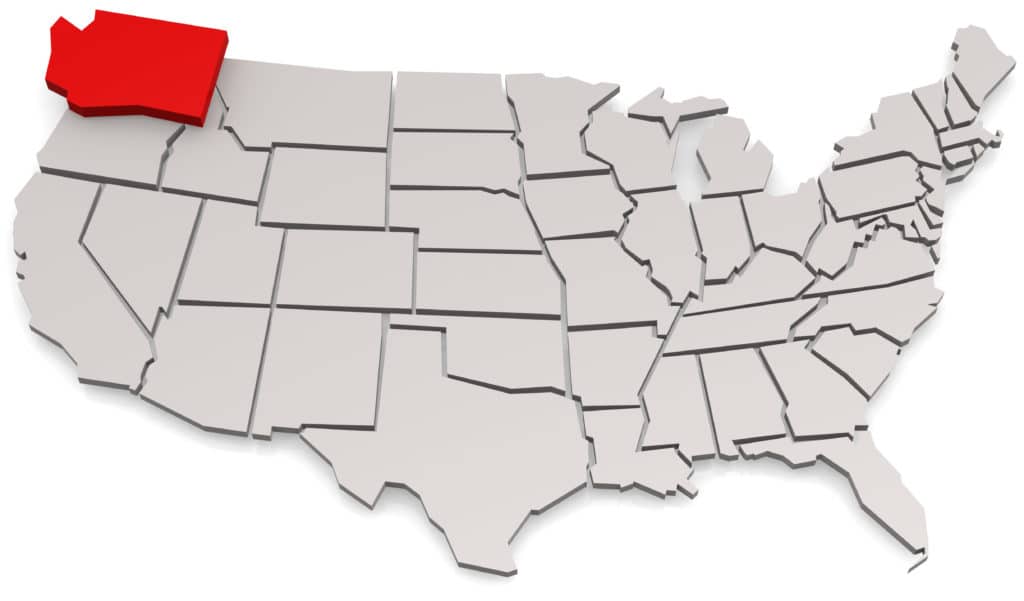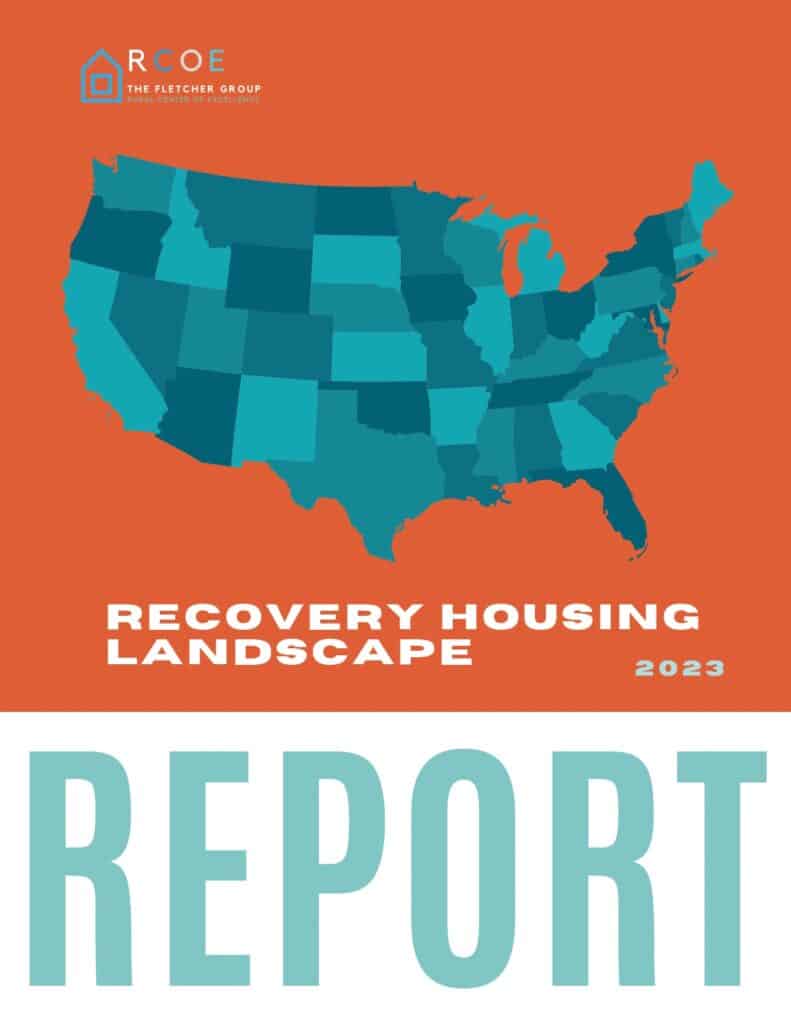
Medicaid Policies and Contacts
The Washington Health Care Authority (HCA) maintains a Recovery Residence Registry and offers a revolving loan fund to support recovery housing.
Washington will adopt ASAM 4th Edition in January 2025, which includes new requirements for providers to incorporate recovery supports and housing into treatment planning.
The Washington HCA defines recovery residences and mandates licensing requirements and referral processes for residences.
Contact the Health Care Authority’s Division of Behavioral Health and Recovery (DBHR) for more info: DBHR@hca.wa.gov
Block Grant Funds
The federal Substance Use Prevention, Treatment, and Recovery Services Block Grant (SUPTRS BG or SUBG, for short) program is used to develop and implement prevention, treatment, rehabilitation and recovery services
State Opioid Response Funds
The Health Care Authority’s Division of Behavioral Health and Recovery (DBHR) coordinates efforts and contracts for prevention and recovery services implemented through the State Opioid Response I and II (SOR I and II) grants.
Washington Opioid Settlement Funds
Washington is not participating in the national opioid settlement and instead chose to pursue legal action independently.
Accreditation, Certification, and Licensing Requirements
The Washington Alliance for Quality Recovery Residences sets standards and certification for recovery housing and maintains a directory of WAQRR Certified Recovery Residences.
How About Your County?
To get a quick overview of the resources available in your county, including gaps that may need to be addressed, visit the Recovery Ecosystem Index Map developed through a partnership between the Fletcher Group Rural Center of Excellence, the NORC Walsh Center at the University of Chicago, and East Tennessee State University.
Need More Info?

The Fletcher Group’s Recovery Housing Landscape Report provides an in-depth overview of laws, policies, and funding affecting recovery housing. You’ll find sections devoted to state laws, SAMHSA funding, Medicaid, corrections, and housing assistance plus numerous links to valuable resources and official documents. To see the complete downloadable report, click the image to the left.
This web page is supported by the Health Resources and Services Administration (HRSA) of the U.S. Department of Health and Human Services (HHS) as part of an award totaling $13.7 million with 0% financed with non-governmental sources. The contents are those of the author(s) and do not necessarily represent the official views of, nor an endorsement, by HRSA, HHS, or the U.S. Government.